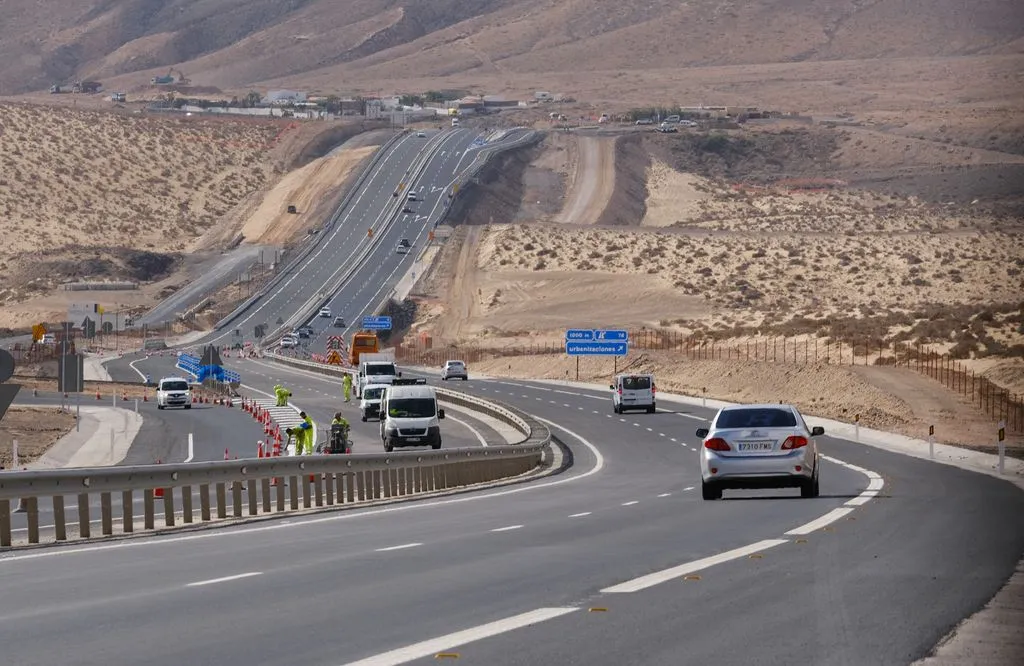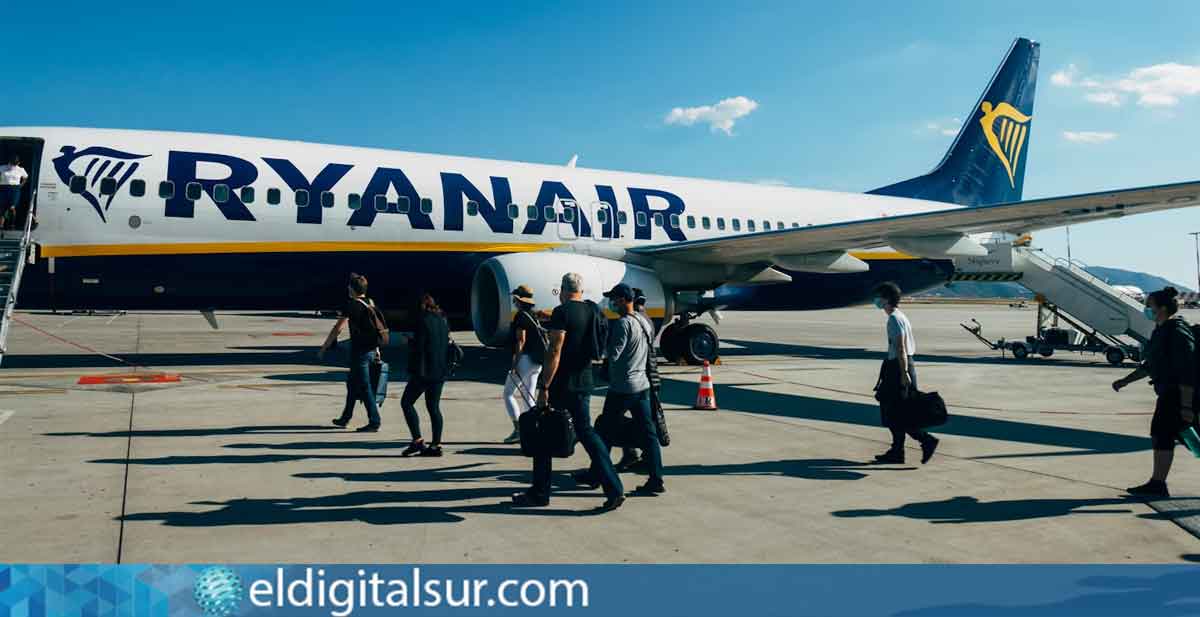
The Cabildo of Lanzarote, through SPEL-Turismo Lanzarote, in collaboration with the Tourism and Employment Department of the Government of the Canary Islands, is promoting citizen and tourism sector participation in the drafting process of the Global Charter for Sustainable Tourism +30, which will be officially presented on 28 November at Jameos del Agua.
Public Consultation Opened
Currently, a survey aimed at citizens and local communities is available on the participatory portal of the Government of the Canary Islands (https://www.gobiernodecanarias.org/participacionciudadana/encuestas), aiming to gather their views on the future of sustainable tourism.
Consultation Process for Organisations
In parallel, a consultation process for public and private entities connected to tourism activity and sustainability has been established. A newsletter has shared a draft of the Charter with partners, sponsors, airlines, tour operators, OETs, and other stakeholders, inviting them to engage in critical and collaborative reading. Their contributions will be essential in transforming this document into a useful and forward-looking tool.
Finalising the Charter
Once the consultation processes are completed, on 1 October, all the proposals received will be analysed. These will be used to create the final version of the Global Charter for Sustainable Tourism +30, which will be presented at the institutional event on 28 November at Jameos del Agua.
Lanzarote: A Leader in Sustainable Tourism
In April 1995, Lanzarote became a global benchmark for sustainable tourism with the signing of the First Global Charter for Sustainable Tourism. Under the auspices of UNESCO and the UNWTO, and with key figures like César Manrique, Cipriano Marín, and Tomás de Azcárate, the island promoted a model that combined environmental conservation, cultural respect, and equitable economic development.
“Thirty years later,” states the president of the Cabildo of Lanzarote and head of SPEL-Turismo Lanzarote, Oswaldo Betancort, “in a global context of climate and social challenges, Lanzarote is once again a meeting point to update and strengthen that alliance, reaffirming its role as an international laboratory for sustainable tourism.”













